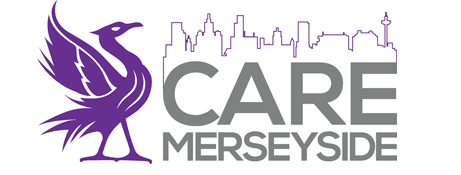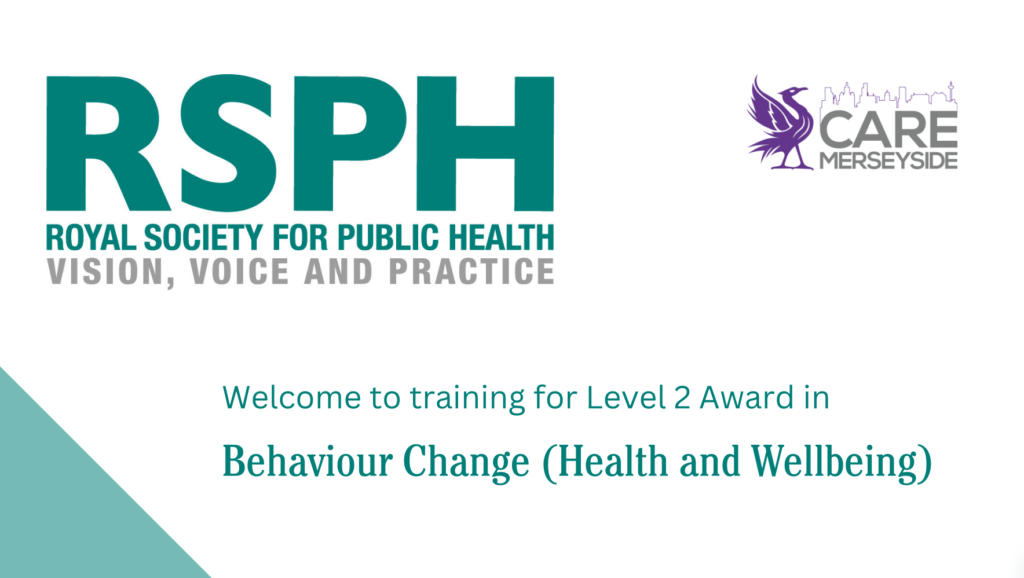
Making small changes as individuals can lead to big changes collectively but making changes is hard and involves support from governments, society and local communities.
Knowsley Health and Wellbeing Board recently provided an update on its progress in delivering the recommendations set out in the All Together Fairer independent report.
The report, launched by the Institute of Health Equality in May 2022, highlighted the significant levels of deprivation and health inequalities across Cheshire and Merseyside, with Knowsley ranking in the bottom half when compared with the nine local authorities in the region. An extensive list of recommendations was also published to help tackle the issues based around 8 key principles:
- Give every child the best start in life.
- Enable all children, young people and adults to maximise their capabilities and have control over their lives.
- Create fair employment and good work for all.
- Ensure a healthy standard of living for all.
- Create and develop healthy and sustainable places and communities.
- Strengthen the role and impact of ill-health prevention.
- Tackle racism, discrimination and their outcomes.
- Pursue environmental sustainability and health equity together
In the past five years, we have received over 5000 referrals from GP’s and Self-Referrals from the community and 52 percent of these have been for Mental Health Support. We have found that people are struggling with many anxieties and fears. These have ranged from fears about the pandemic and access to healthcare, the cost-of-living crisis and access to food, fuel, housing, bereavement, long-term conditions, low wages, relationship breakdowns, fears about climate change and the unstable geo-political environment we are living in.
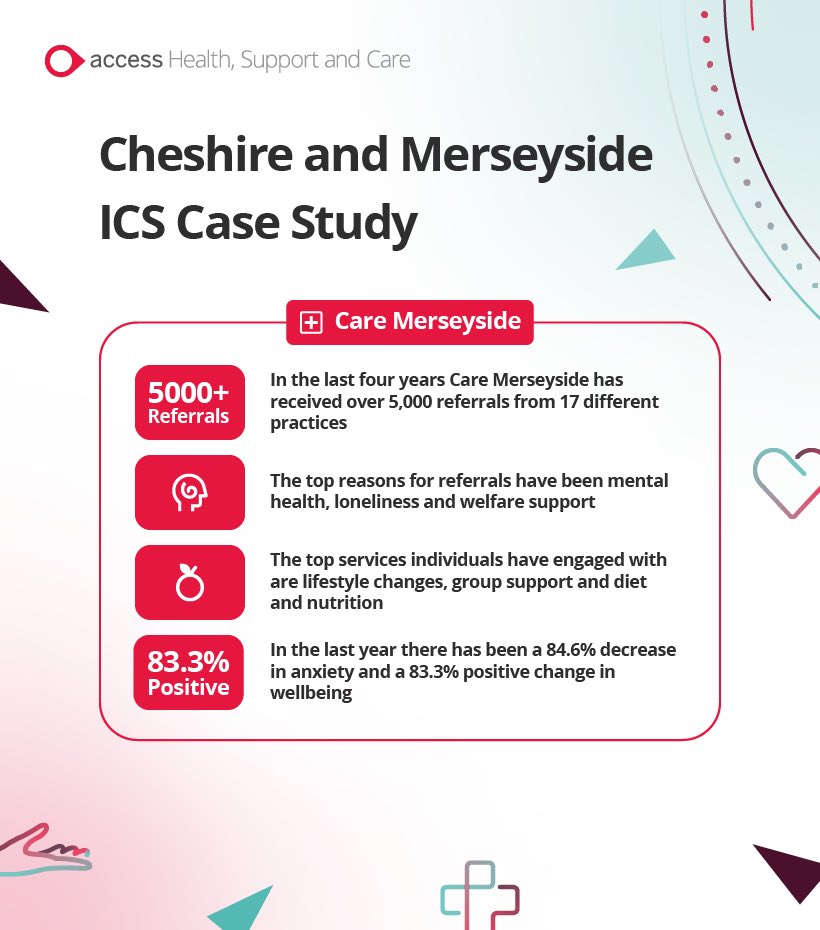
We have also noticed trends emerge regarding the wellness space and have some cause for concern in this area as there has been a significant increase in advertising of wellness products or services.
Social media is crammed with motivational gurus who claim they can make us become a better, more confident, and more fulfilled person.
Clever branding, imagery and high-end marketing techniques are used to seduce us (the consumer) into purchasing various secrets of success and happiness (often at an extremely high price).
Well-being has effectively become a market for consumers. Commercial well-being gives the illusion of a hierarchy of ‘enlightened ones’. This notion of the ‘enlightened’ perpetuates a culture of ‘well-being elitism’. As a result, this narrative can make people feel worse about themselves as they are forced to compare themselves to others.
The bottom line is this – we are all flawed and should accept it as part of the human condition.
The marketing involved in the wellness space can be a turn-off to those with less money in their pockets as their stresses and anxieties come from difficult life issues such as lack of food, lack of fuel, low wages, poverty or conflict related inter-generational trauma and the stigma attached to poverty – the poor are blamed for being poor.
However, it is this group of people who are in the majority, and it is this group of people who should have access to the tools of how to manage their well-being in times of struggle. According to the World Health Organisation ‘Health equity is achieved when everyone can attain their full potential for health and well-being‘.
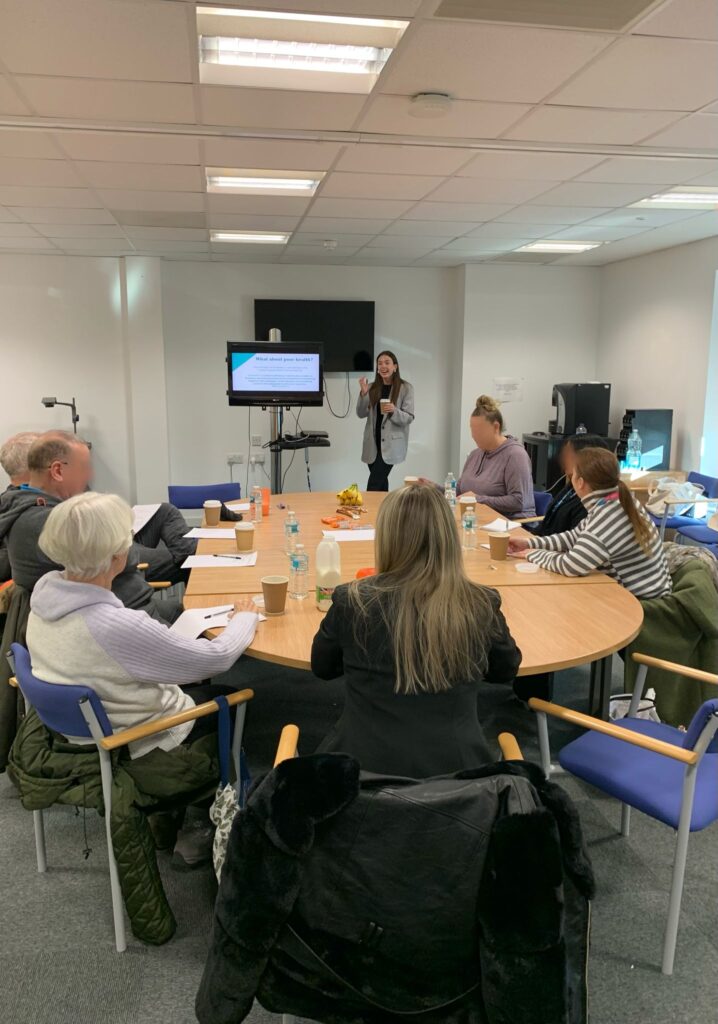
Everyone is entitled to attain a good level of health and well-being and the cost of it should not be high. There is a lot of good free, low–cost and well–intentioned advice out there and if you find something that resonates with you, use it to your benefit.
There is a basic psychological need in all humans to accept themselves and have others accept them for who they are. When we break our problems down, we are often left with trying to solve one main question – how do we not only survive but thrive in the conditions and environment we are faced with?
Some areas to consider which may be useful for change:
- Keep learning new things. The more we learn, the more we grow. We ignite our own creativity and sense of individuality.
- Be tolerant. Tolerance when practiced with an open mind and heart, creates an environment that avoids extremism, anti-social behaviour and provides possibilities for positive change. People are often afraid of the unknown or fearful of being stigmatised or isolated if they set themselves too much away from crowd. Setting yourself apart from the crowd does not have to be a them and us or a me against the world mentality. It can be used to create a force for good so that attitudes towards greater differences among us are more accepted and therefore tolerated.
- Practice courage – Courage is the antithesis of fear which most forms of anxiety stem from. Face your fears. Courage often comes when we find ourselves in a situation where we have nothing to lose. Making changes no matter how small- will take courage.
In Robert Frost’s poem ‘The Road Not Taken’ his final stanza says,
‘I shall be telling this with a sigh,
somewhere ages and ages hence,
two roads diverged in a wood and I,
I took the one less travelled by and that has made all the difference’
- Embrace the privilege of self-discovery. The philosopher Friedrich Nietzsche said no price is too high to pay for the privilege of owning yourself. We like comfort, we like easiness, and we don’t like to suffer whether it be giving up pleasures or habits, but pain and suffering is part of life, and it is something we must accept in order to evolve as people. Life is not easy and as soon as we accept this fact – it will be more tolerable. Taking the difficult path can lead to isolation, taking time to think about ourselves does require extended periods of self-reflection and changing habits or coping mechanisms that do not serve us.
- Get involved and connect with others but do not worry about the opinions of others. We can please some of the people some of the time but we will never please all of the people all of the time.
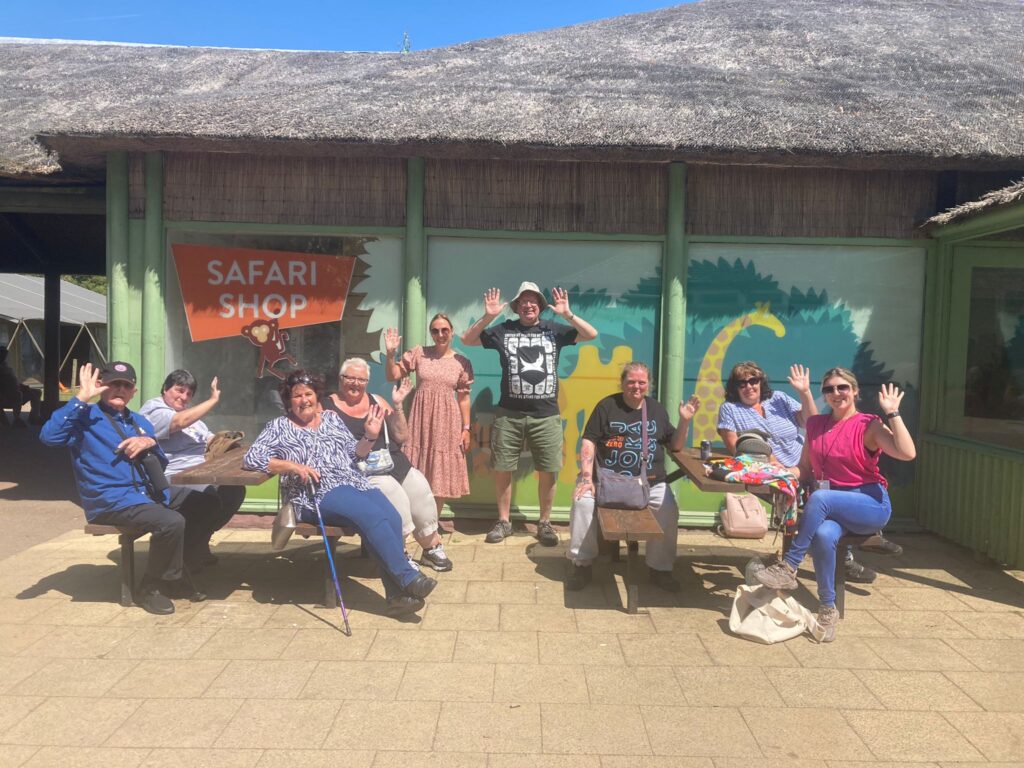
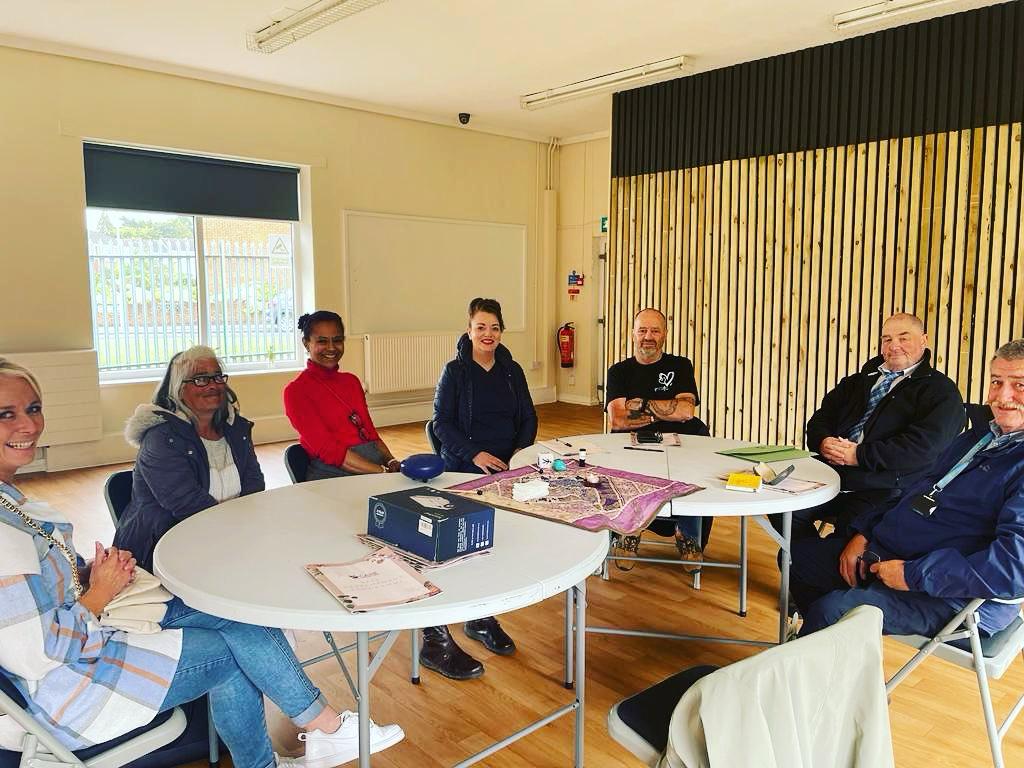
Care Merseyside is a charity and we do not profit from trying to help people feel more empowered, we support people no matter where their starting point is, and we do not claim to be motivational gurus, nor do we claim to have all the answers.
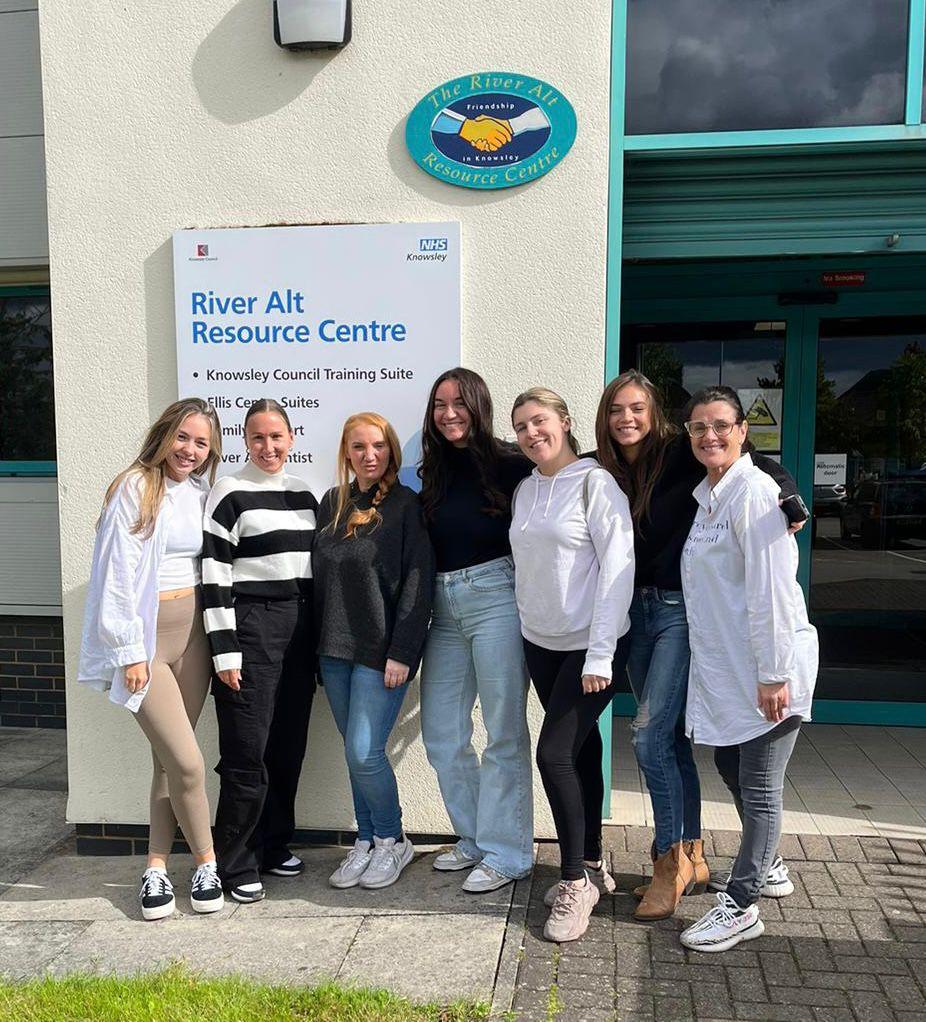
What we can guarantee is that we come from a broad spectrum of life experience and have the empathy, knowledge, and skills to try our best to support you in whatever capacity we can with the resources we have at our disposal.
We are now an accredited provider of Royal Society for Public Health courses and are delivering training on Supporting Behaviour Change Level 2. This course will benefit those who wish to help others make change effectively and it is FREE of CHARGE.
To register interest in taking part in this course please email info@caremerseyside.org.uk.

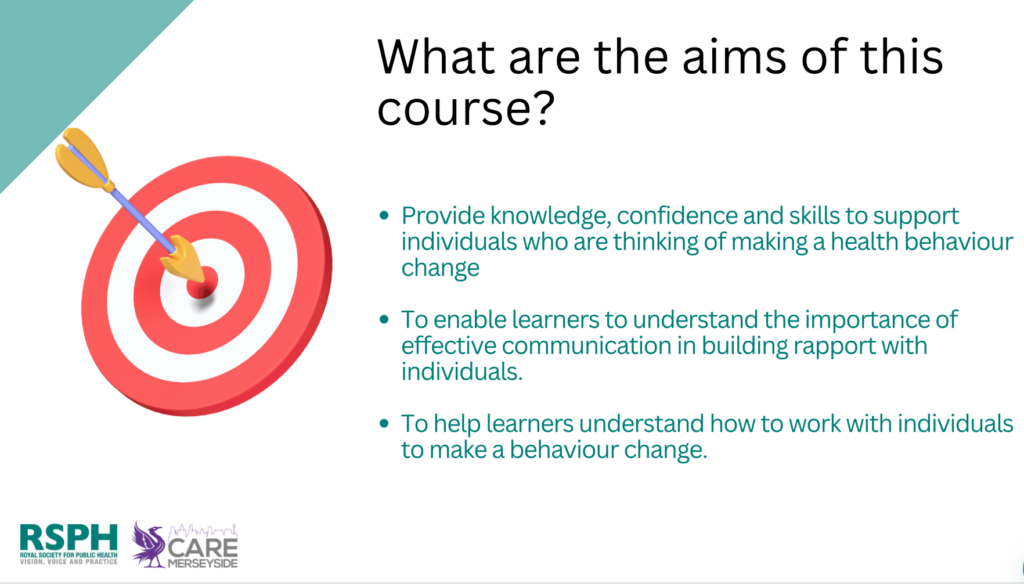
Cathy Connolly
CEO Care Merseyside
